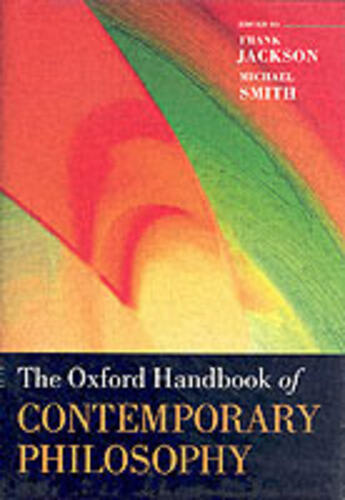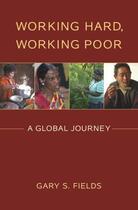-
Nombre de pages : (-)
-
Collection :
(-)
-
Genre :
(-)
-
Thème :
Non attribué
-
Prix littéraire(s) :
(-)
Résumé:
More than three billion people, nearly half of humankind, live on less than two-and-a-half U.S. dollars per person per day. Studies have shown repeatedly that the main and often the sole asset of the poor is their labor. It follows that to understand global poverty one must understand labor... Voir plus
More than three billion people, nearly half of humankind, live on less than two-and-a-half U.S. dollars per person per day. Studies have shown repeatedly that the main and often the sole asset of the poor is their labor. It follows that to understand global poverty one must understand labor markets and labor earnings in the developing world. Excellent books exist on ending world poverty that discuss in depth many important aspects of economic development but do not focus on employment and self-employment, work and non-work. Working Hard, Working Poor fills in where the other books leave off.
Issues of analyzing poverty and low earnings in the developing world are quite different from those in the developed world. The discourse in the developed world is about incentive effects of social welfare programs, cultures of poverty, single-parenthood, homelessness, drug and alcohol abuse, ill health, mental illness, domestic violence, and the like. But in the developing world, different issues predominate, such as own-account work and household enterprises, agricultural work, casual employment, and informal work. And some of the policy issues--stimulating economic growth, harnessing the energies of the private sector, increasing paid employment, and raising the returns to self-employment--take a different twist. This book shows how people in poverty work, what has been effective in helping the poor earn their way out of poverty, and how readers might help.
Donner votre avis















